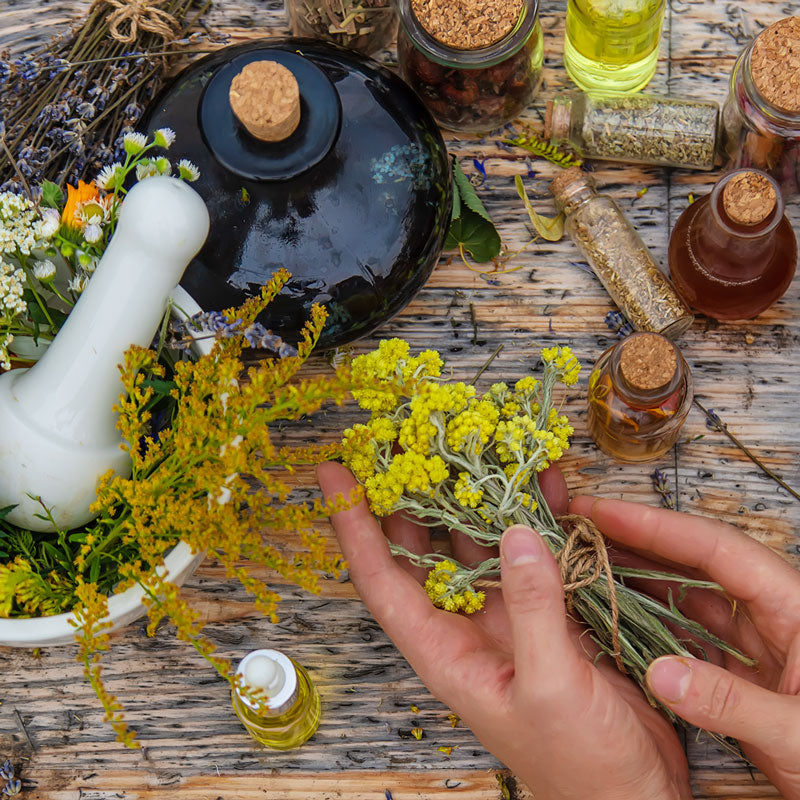The Rich Tradition of Egyptian Herbalism and its Influence on Modern Practices

From the land of pyramids and pharaohs comes a rich heritage of traditional herbal medicine that continues to inform modern herbalism, including using food grade ethanol. Egyptian herbalism, with over a thousand years of history, is renowned for its innovative techniques and remedies that hold sway even today.
Holistic Approach
One of the major contributions of Egyptian herbalism is the holistic approach to healing. The ancient Egyptians believed that the physical, emotional, and spiritual health of a person were interconnected. They focused on maintaining balance and harmony within the body and mind, a philosophy that significantly influences modern naturopathy.
Papyrus Ebers
Arguably the most important ancient Egyptian medical document, the Ebers Papyrus, contains over 800 different medicinal remedies, including many herbal ones. This significant text provides a window into the breadth of Egyptian herbalism and its influence on modern practices.
Medicinal Gardens
The ancient Egyptians were pioneers in developing medicinal gardens, where they cultivated a variety of healing herbs. This practice not only reflected their advanced understanding of botany but also paved the way for the concept of herbal gardens in modern times.
Preservation Techniques
Egyptians developed innovative preservation techniques, such as drying and maceration, to extend the shelf life of herbal remedies. Modern herbalists still use these methods to prepare tinctures, balms, and salves.

Influence on Greek and Roman Medicine
Egyptian herbalism significantly influenced Greek and Roman medical traditions, and through them, the rest of the Western world. Many herbal remedies and practices that are now considered staples of Western herbal medicine were first developed or refined by the Egyptians.
Despite the advent of synthetic drugs, the wisdom of Egyptian herbalism continues to be a wellspring of knowledge for modern herbalists and naturopaths. The fundamental principles of balance, prevention, and holistic healing advocated by the ancients echo loudly in the halls of modern herbalism, bearing testament to the enduring legacy of the Nile's wisdom.
The techniques and practices pioneered by Egyptian herbalism provide a unique perspective on the age-old human quest for wellness and longevity. They underscore the timeless relevance of nature's bounty, inspiring contemporary practitioners to continue exploring the vast potential of plant-based remedies.








